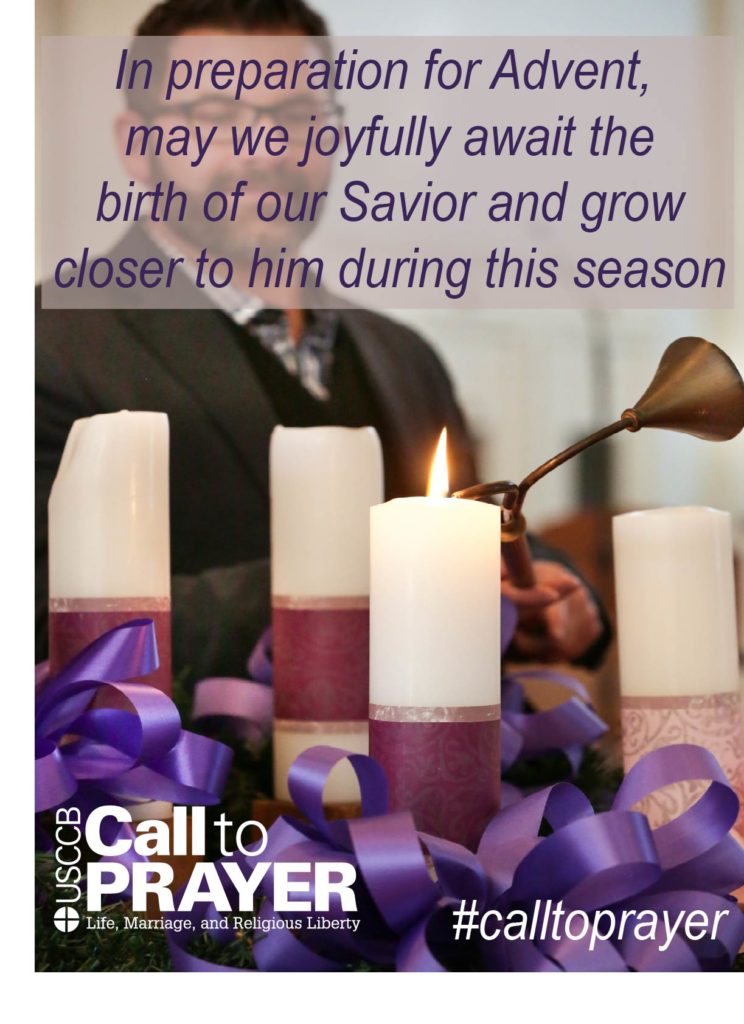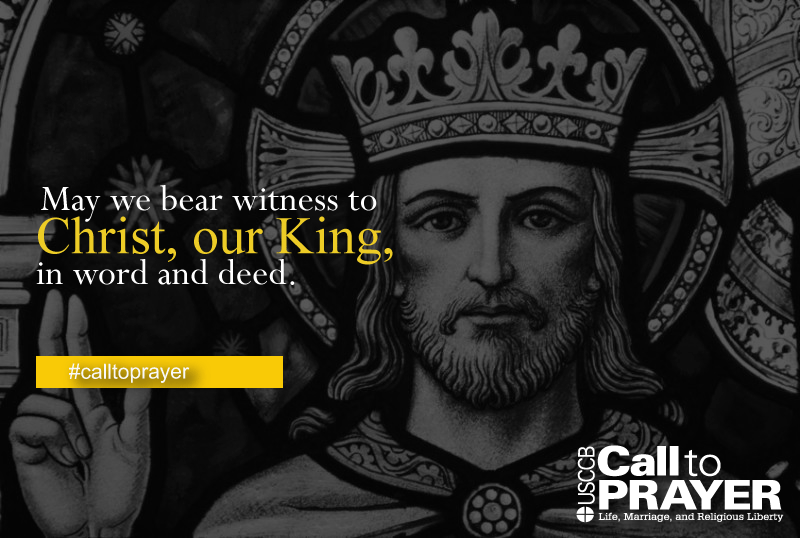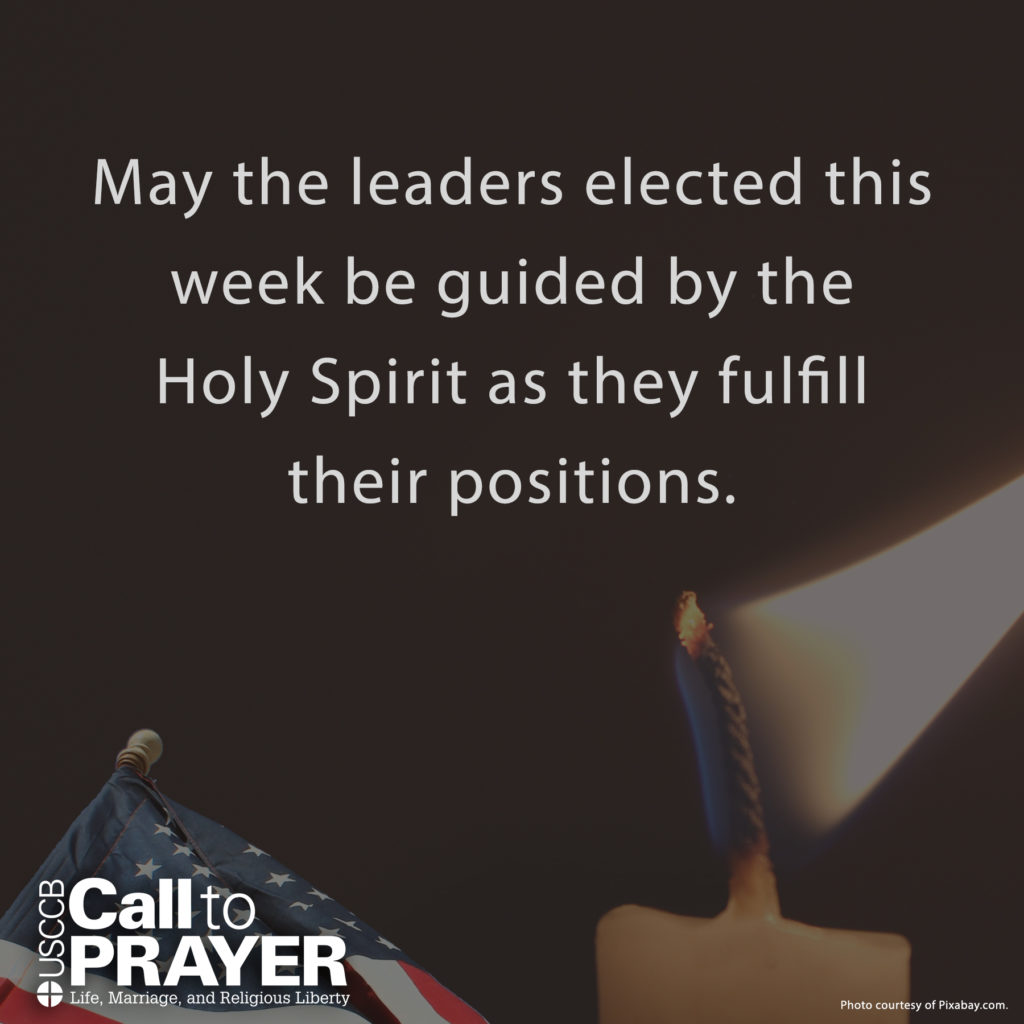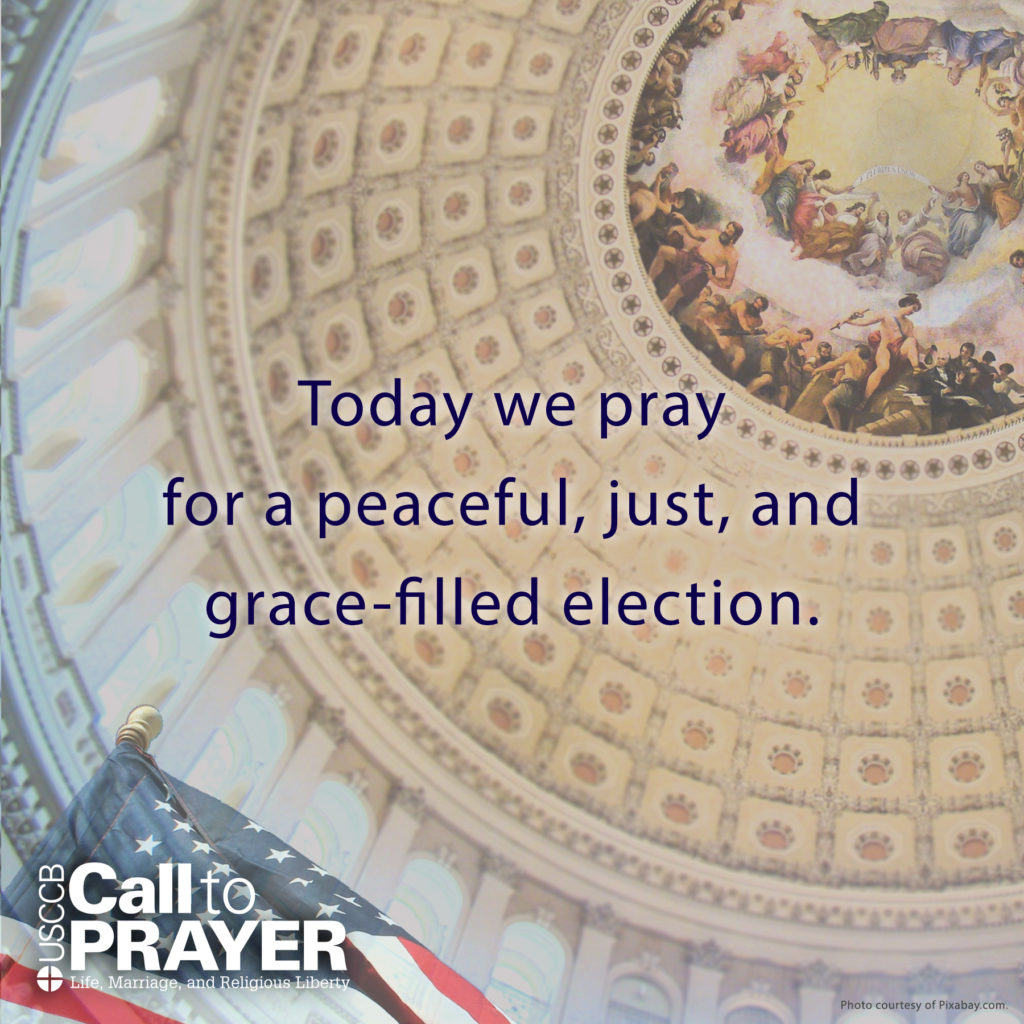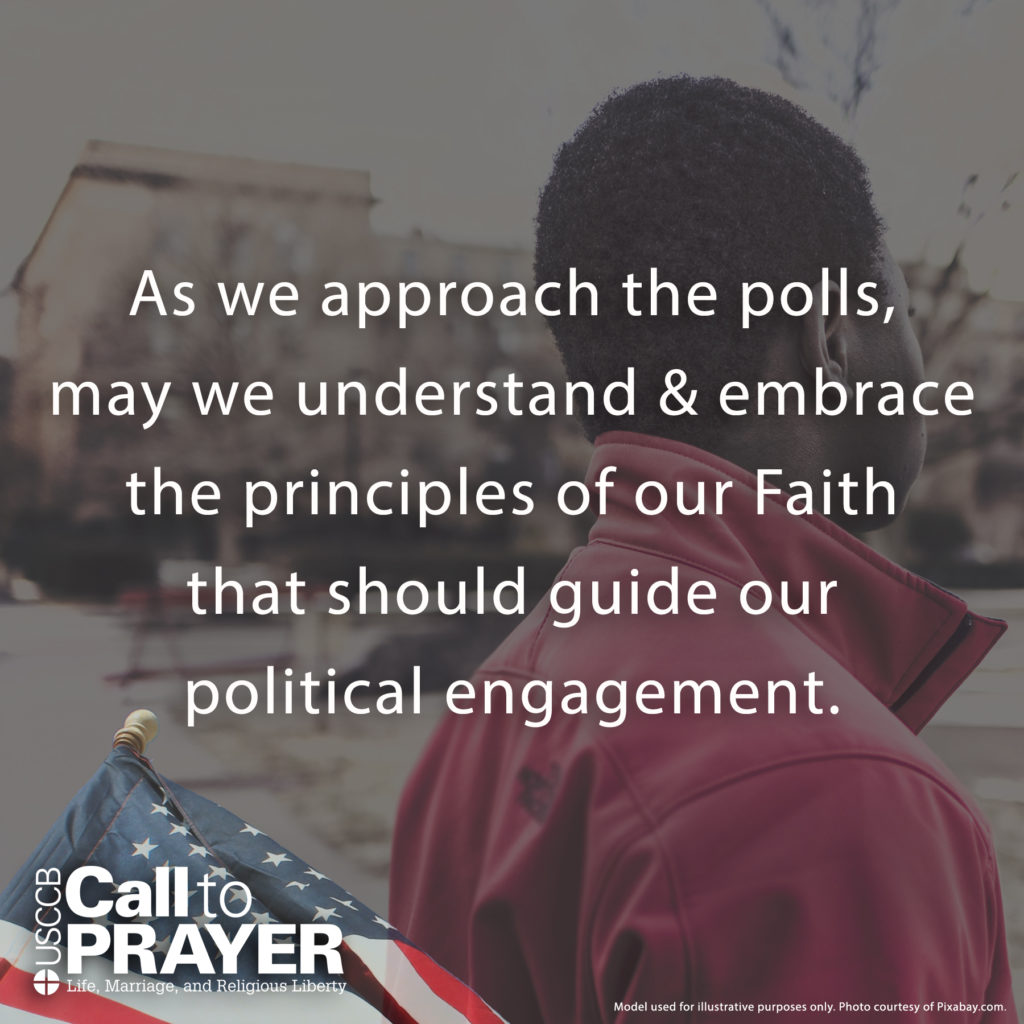Made for Freedom: Ryan Anderson on Marriage Across Cultures
In today’s clip, Ryan Anderson addresses three truths that should serve to undergird society’s upholding of the unique relationship of marriage. They are:
- Anthropological (men and women are distinct and complementary)
- Biological (procreation requires both a man and a woman)
- Social (that children deserve both a mother and a father)
Ryan notes that these truths have been cross-culturally acknowledged. People from many different times and places recognized that the relationship between a man and a woman, the only one that naturally leads to the birth and upbringing of children, is unique and worthy of protection. The natural family is not something that society made up; rather, laws and culture recognized it as a fundamentally human reality. We are each born to a mother and a father, and we deserve to have a relationship with those people who brought us into existence.
While this is a basic truth of humanity, the understanding of it as such has been gradually chipped away through societal changes. Increasing non-marital childbearing, divorce rates, separation between sex and procreation through either (on the one hand) contraception or abortion or (on the other) in vitro fertilization, scientific experiments on embryonic human life, etc. have all served to dull our sense of the relationship that should exist between men, women, and their children. Despite any thoughts or feelings that two people subjectively may have about their relationship, when they come together in a sexual act, they are participating in that-which-creates-life. And at that point, when life is created from an act that they chose, the man and woman are no longer the only people involved or the only people who get to define their relationship. They have a responsibility to the person they created by virtue of the simple fact that they created them. The child did not choose to come into existence, and he or she becomes the recipient of whatever heritage his or her parents offer. When this heritage is stability and a dedication to the child’s growth and education, it is no more than what the child deserves. Marriage provides justice for the child.
Opportunity
If you have children, spend a little time today in prayer recalling that they are gifts. Think about how they were not owed to you and that you did not “deserve” them or have a “right” to them. If you do not have children, pay attention today to the way that others speak of their children and seek to remind them that they are gifts.
Another idea is to tell a family story (or two) at lunch about your parents and some of their interactions, and/or how you seek to be a good mother or father to your children.
Archive
Call to Prayer: November 25
Archive
Made for Freedom: Fr. Nolan on Religious Freedom
Did you know that we have smaller segments available of Made for Freedom? If you follow us on Facebook or Twitter, you have probably seen them. Here’s Fr. Nolan speaking about religious freedom:
Fr. Nolan says, “Just because our faith is personal doesn’t mean it’s private.” What is the distinction between “personal” and “private”? Americans tend either to overemphasize or under-emphasize privacy—we will post our various whims and even our meals on social media, not seeming to care that this is public, but then we may get shy about sharing our views about controversial issues in a public forum.
Faith is deeply personal. It is a gift of grace that directs a person’s whole life. How, then, could it not be visible or clear in public?
The reason the Catholic faith, in particular, cannot be relegated to the “private” sphere, where it’s no one else’s business, is twofold. First, we have been enjoined by Christ to “Go, therefore and make disciples of all nations, baptizing them in the name of the Father, and of the Son, and of the holy Spirit, teaching them to observe all that I have commanded you” (Mt 28:19-20). Secondly, we know that, “faith of itself, if it does not have works, is dead” (Jas 2:17). We cannot sit comfortably in our church pews, recite the creed, and then go “incognito” into the world. Doing so would mean ceasing to be who we are called to be.
Opportunity
Today, challenge yourself to share your faith with another person, in “public”. People need to know that their neighbors and co-workers value their faith, even if those people do not share it. How else will they know that it’s something valuable that should be protected?
This doesn’t have to be complicated. Is it a beautiful day outside? “It’s so pretty out, God is good!” Did you have a hard morning at work? “I need some serious grace to get through this afternoon.”
